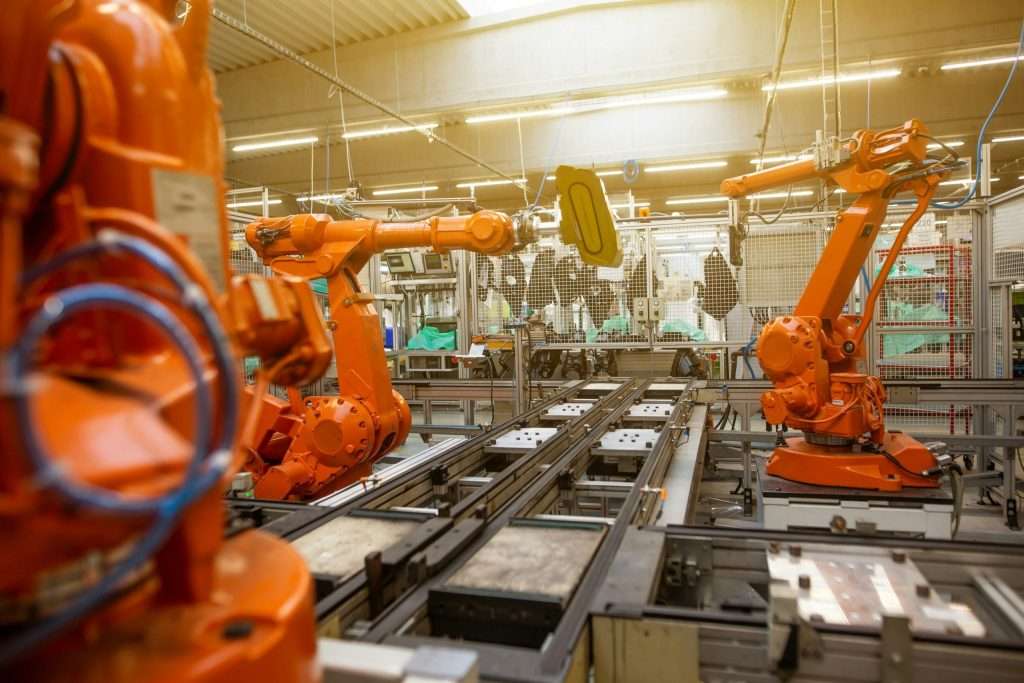The adoption of Robotic Process Automation (RPA) is on the rise, with businesses leveraging software robots to execute repetitive clerical tasks. Enhanced by artificial intelligence, these bots can streamline complex activities, leading to significant operational cost savings. For instance, a 2024 survey by SMA Technologies revealed that 52% of financial services organizations saved at least $100,000 annually through automation.
Companies often allocate substantial financial resources to human labor, with employee compensation being the largest cost factor. By delegating repetitive and time-consuming tasks to RPA bots, businesses can optimize their workforce and reduce costs. A prime example is Raben Group, a logistics services provider, which saved over €6 million and 78,815 employee workdays in a year through the deployment of over 200 RPA automations.
Improving Data Quality with RPA
Poor data quality can negatively impact revenues, with companies potentially losing $3 for every $10 due to data inaccuracies. RPA bots can automate manual, error-prone processes like data entry, thereby reducing data errors and improving accuracy, relevance, and reliability. Real-life implementation examples, such as Siemens’ AI-powered bot, demonstrate the positive impact of RPA on data quality, with the bot helping the company achieve 95% tax code accuracy.
RPA: A Tool for Regulatory Compliance
Ensuring compliance with global or industry-specific standards is crucial for businesses. RPA bots can automate processes like financial record collection for audits, know your customer (KYC) checks, and anti-money laundering (AML) procedures. For instance, HBL, Pakistan’s largest bank, achieved a 98% accuracy of sanction screening checks and saved 341,000 working hours annually through RPA automation.
Enhancing Cybersecurity through RPA
With the average cost of a data breach reaching $4.88 million globally in 2024, improving cybersecurity is a top priority for businesses. RPA bots equipped with AI capabilities can monitor user transactions and interactions, detect anomalies, and identify cyber threats in real time. Companies like Depository Trust and Clearing Corporation (DTCC) have reported significant cybersecurity improvements, including 80% quicker discovery of intrusion events and 96% faster detection of malicious URLs, through RPA implementation.
RPA technology is revolutionizing business operations, leading to cost optimization through enhanced employee performance, improved data quality, ensured regulatory compliance, and bolstered cybersecurity. To maximize the return on investment, businesses can engage experienced RPA consultants to define the right implementation approach and deliver a future-proof, easy-to-scale solution.




